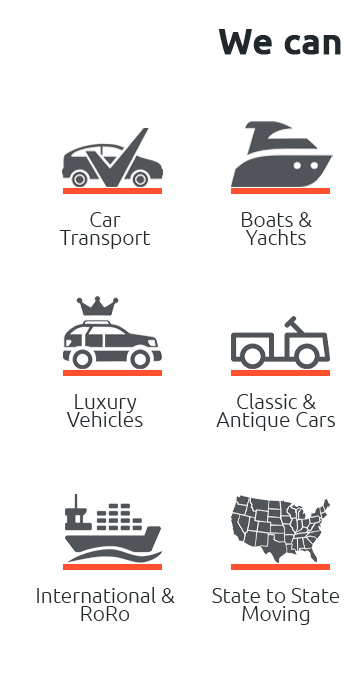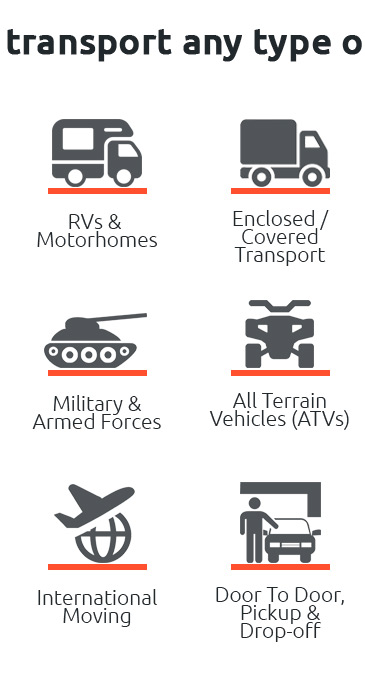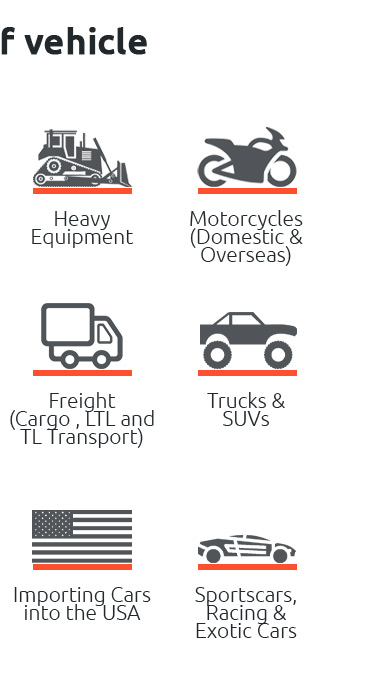 |
 |
||
 |
 |
 |
|---|---|---|
 |
 |
 |
 |
 |
 |
 |
 |
 |
|---|
 |
 |
 |
|---|---|---|
 |
 |
|
 |
 |
|---|---|
 |
Understanding How Much a Container Ship Costs in 2025The cost of a container ship can vary significantly depending on several factors. From size and capacity to technological advancements, the price can fluctuate greatly. Let's delve into the various aspects that contribute to the cost of container ships. Factors Influencing the Cost of a Container ShipSize and CapacityOne of the primary determinants of a container ship's cost is its size and capacity. Larger ships can carry more containers, which typically increases the cost. The measurement often used is TEU (Twenty-foot Equivalent Unit). Shipbuilding MaterialsThe materials used in construction also play a crucial role in pricing. High-quality, durable materials will increase longevity but also raise costs. Technological FeaturesAdvanced technologies for navigation, fuel efficiency, and environmental compliance can also impact costs. These features not only improve operations but can also lead to savings in the long run. Breakdown of Typical CostsLet's look at some typical costs involved in building a container ship:
Comparative AnalysisWhen comparing the costs, it's essential to consider the vessel's purpose. For example, specialized vessels like towing services and rail car carriers may have different cost structures due to their unique operational needs. Frequently Asked QuestionsWhat is the average lifespan of a container ship?The average lifespan of a container ship is typically around 25 to 30 years, depending on maintenance and operational conditions. How does fuel efficiency affect container ship costs?Fuel efficiency can significantly impact operational costs. Ships with better fuel efficiency may have higher initial costs but lead to savings over time. Are second-hand ships cheaper?Yes, purchasing second-hand ships can be more cost-effective initially, but they may come with higher maintenance costs. Summary and ConclusionUnderstanding the cost of container ships involves considering multiple factors, from size and technology to operational expenses. Whether investing in new or second-hand vessels, it is crucial to evaluate the long-term benefits and costs to make informed decisions in the shipping industry. https://www.quora.com/How-much-does-a-cargo-ship-cost-to-buy
Medium-sized container ships: $40 to $80 million. Large container ships (e.g., Panamax or Ultra Large): $100 million or more. Prices can also ... https://www.reddit.com/r/theydidthemath/comments/ud50ei/request_how_much_money_a_23000_teu_mega_container/
So let's assume it's $1,500 per TEU, then a 23,000 TEU payload would be $1,500*23,000 = $34,500,000 in revenue assuming the container ship was ... https://www.fulfyld.com/blog/how-much-does-cargo-ship-cost/
Small cargo ships can cost around $10 million, while larger ones can cost over $100 million. The size, capacity, and specifications of these ...
|
|---|